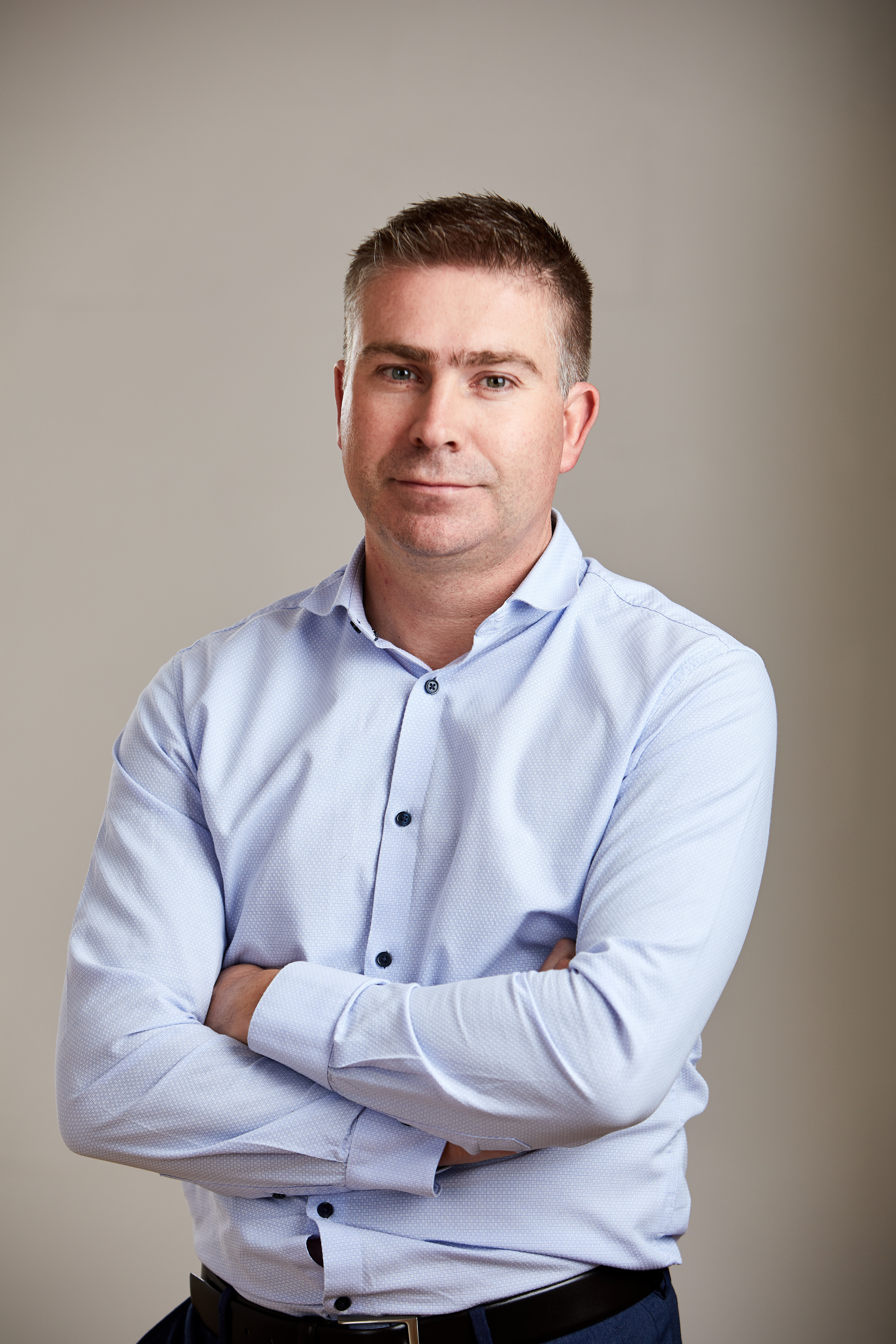Main navigation (level 2) (loaded programmatically)
 Substances that are not easily degradable are widely distributed in soil and water, with an increasingly harmful impact on the environment. Fortunately, awareness of this problem is also increasing. Innovation must make it possible to recover critical materials from by-products and waste flows.
Substances that are not easily degradable are widely distributed in soil and water, with an increasingly harmful impact on the environment. Fortunately, awareness of this problem is also increasing. Innovation must make it possible to recover critical materials from by-products and waste flows.
The Belgian Inopsys is developing mobile and modular installations to treat by-products on site, including those from the chemical and pharmaceuticals industry. Newly developed technologies are combined in a customised way to purify the flows. Toxic organic components, active pharmaceutical ingredients, metals, surfactants and endocrine disruptors such as PFAS are removed. Materials can even be recovered from flows that have been regarded as waste until now.
PFAS pollutionKarl Vrancken – research manager Circular Economy – VITO; associate professor University of Antwerp; Member of the scientific Committee of the European Environment Agency; ex-PFAS commissioner for the Flemish Government: PFAS or perfluoroalkyl substances is the collective name for more than 6000 chemicals. These substances are made up of carbon chains, in which one or all carbon atoms are surrounded by fluorine atoms (-CF3 or -CF2-)2. Per- and polyfluoroalkyl substances are manufactured since the 1950s and are used in a variety of applications that require thermal or electric inertness, or oil and water repellent character. PFAS do not occur naturally and are extremely persistent in the environment. The production and use of PFAS has led to serious contamination of soil, water and food and harmful exposure to humans. PFAS has been the subject of research in national and international context, with organisations such as the European Environment Agency and OECD. The Government of Flanders assigned a special PFAS Commissioner to develop a structured approach to the PFAS Pollution.[1] PFAS are subject to several procedures with the European Chemicals Agency (ECHA) to phase out their production and use. Additionally, the European and local legislation for emissions to water has seen a sharp decline in emission limit values. The common water treatment technology is filtration with activated carbon. Nevertheless, this technology has limited performance for short chain molecules. Innovative treatment technologies are aimed at increased adsorption efficiency, in a broader molecular range. Additionally, the ideal filtration process allows regeneration of the filter material and subsequent destruction of the PFAS molecules. |
Filtering PFAS from wastewater
Inopsys is fighting PFAS on two fronts: high-tech analytics to detect it and new technologies to eliminate it. With support from the City of Antwerp, the team developed installations that remove PFAS molecules from hazardous chemical and pharmaceutical wastewater. The technology has an increased adsorption efficiency with a wider molecular range and enables regeneration of the filter on the one hand and destruction of the PFAS molecules on the other hand. The advantages compared to the current filter method are therefore clear when it comes to efficient PFAS removal, more compact setup and reuse of filter material. This leads to a cost reduction and a purer end product. The first results in the BlueChem incubator at the Inopsys labs are promising and are being scaled up in the pilot installation at Lantis's Oosterweel project.
Recover scarce metals to reduce harmful mining and transportation
Palladium is used in numerous applications in the automotive industry and high-end electrical equipment, as well as in the production of jewellery. At present, the demand for palladium, and by extension other scarce metals, generates a large CO2 footprint. In addition – due to the type of applications – the demand will continue to rise, while the supply constantly decreases. Hence, the logical step towards recovery of the substance from waste flows. This not only reduces the polluting incineration of that waste, but also avoids the polluting mining and long-distance transport (from Russia or South Africa). These are all wins for the environment.
Inopsys developed a technology to recover palladium from aqueous and pure solvent flows. It combines membrane technology with advanced adsorption materials and if necessary, a chemical reaction step. The research phase and the first commercial projects are taking place in Flanders, but will also be deployed more widely in the EU, the US and India. The two units already in operation have delivered more than 70 kilograms of palladium in the past two years. The technology can also be extended to other metals such as platinum and ruthenium.
Steven De Laet
CEO Inopsys
